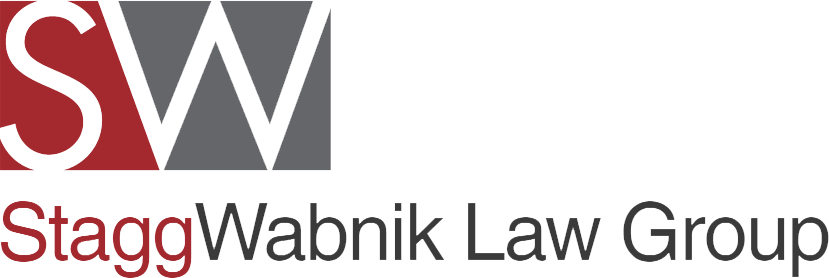New Jersey Challenges Federal Approval of New York's Congestion Pricing Plan
- Stagg Wabnik
- Jul 26, 2023
- 3 min read
Updated: Nov 7, 2023

Congestion pricing has emerged as a controversial strategy in the ever-evolving landscape of urban transportation. As cities deal with traffic congestion, air pollution, and the lack of necessary funding for infrastructure improvements, New York City has taken the step of implementing the United States' first congestion pricing plan. This decision has not been met with universal approval. The most recent challenge comes from New Jersey, which has filed a lawsuit against the federal government over its approval of New York's plan. This blog post delves into the details of this legal battle, the implications for commuters and the environment, and the use of congestion pricing as a tool for urban management.
Congestion Pricing: An Overview and Its History in New York City
Congestion pricing is a system designed to reduce traffic congestion by charging drivers to enter certain areas during peak traffic times. The stated goals are to decrease traffic congestion, improve air quality, and generate revenue.
In New York City, congestion pricing has been discussed for over 50 years. Despite support from several city mayors and state governors, opposition from vehicle owners in the outer boroughs and surrounding counties, such as Nassau, Suffolk, and Westchester, often defeated proposed plans. The idea gained traction in 2007 when Mayor Michael Bloomberg proposed a toll program, ultimately rejected by state lawmakers. In 2017, Governor Andrew Cuomo declared a subway state of emergency following increased delays and a derailment, leading to the state approving the Metropolitan Transportation Authority (MTA) to design a congestion pricing program.
In 2023, New York City was cleared by the United State Federal Highway Administration to implement congestion pricing, marking the first program of its kind in the United States. The plan, known formally as the Central Business District Tolling Program, charges drivers entering Lower Manhattan, specifically the traffic-heavy area below 60th Street. Proposals for the toll range from $9 to $23 during peak hours.
The implementation of congestion pricing in New York City has been met with mixed reactions. Some residents and drivers express concern over the additional costs. In contrast, others see it as a necessary step towards improving the city's public transportation system and reducing emissions.
Other cities in the United States and around the world are watching the congestion pricing plan in New York City.
The Lawsuit
New Jersey has recently taken legal action against the federal government, challenging the approval of New York's Congestion Pricing plan. The lawsuit, filed in U.S. District Court, argues that the Federal Highway Administration and the U.S. Department of Transportation did not properly follow their own environmental review process. The state contends that approving the Metropolitan Transportation Authority's environmental report about the pricing plan was premature and that a more comprehensive review is necessary.
The Controversy
The congestion pricing plan aims to impose tolls on the busiest roads in Manhattan. While the program is projected to generate billions of dollars for New York City, New Jersey officials argue that it will exacerbate congestion and air pollution in their state. Governor Phil Murphy has expressed concern that the plan will lead to "toll shopping," where drivers seek alternative routes to avoid areas where congestion pricing applies, thereby increasing traffic and pollution in New Jersey, particularly in Bergen County.
The Impact on Commuters
The congestion pricing plan could impose a significant financial burden on commuters, potentially costing a full-time commuter who drives anywhere south of Central Park an extra $6,000 a year. This could amount to $15 billion a year for the Metropolitan Transportation Authority. The lawsuit states that the most impacted areas are likely to be around the Lincoln Tunnel, Holland Tunnel, George Washington Bridge, Goethals Bridge, and Outerbridge Crossing.
The Environmental Concerns
The lawsuit also highlights potential environmental impacts. It argues that the Federal Highway Administration should require the Metropolitan Transportation Authority to conduct a more thorough review of the pricing plan's effects on Bergen County, which lies just across the Hudson from Manhattan. The lawsuit suggests that the tolling scheme could cause a shift in traffic from the Lincoln and Holland tunnels north to the George Washington Bridge, potentially resulting in more harmful environmental impacts in that region.
The lawsuit filed by New Jersey against the federal government over the approval of New York's Congestion Pricing plan raises significant concerns about the potential impact on commuters and the environment. The outcome of this legal action could have far-reaching implications for the future of congestion pricing and transportation policy in the region.





Comments